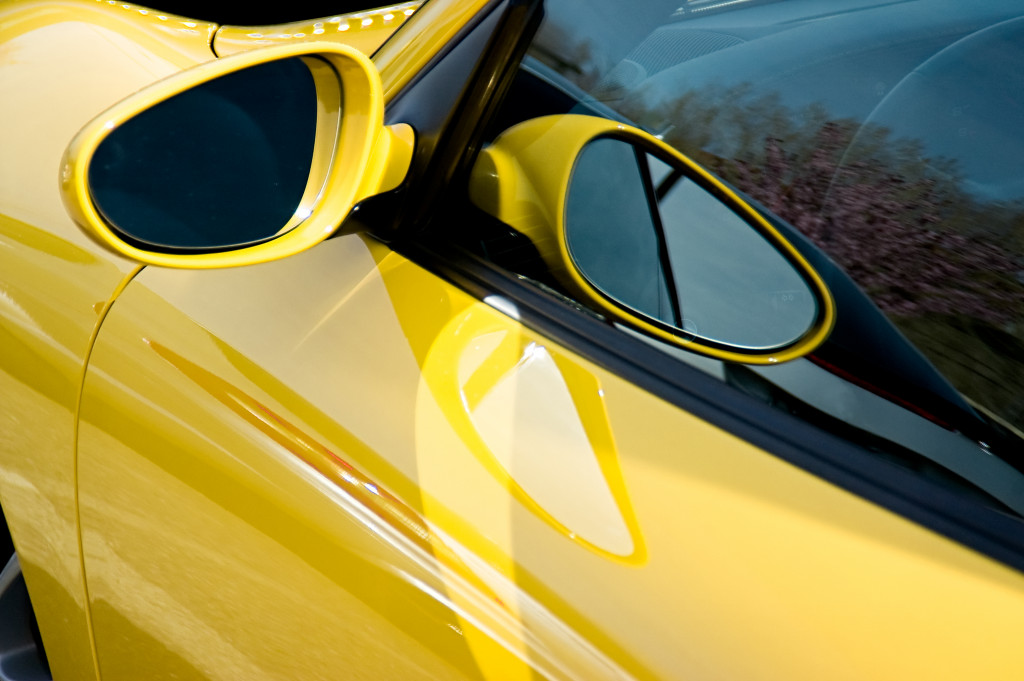When reality shows feature people at the peak of their success, they always show the tangible proof of their hard work. And among all their glittering properties, the most impressive will always be their fleet of sports cars. Dazzling, shiny, and spotless, these vehicles are parked side-by-side in a garage bigger than most homes.
That’s why it’s every little boy’s dream to have a supercar of their own. It would be amazing to speed down the roads of your hometown in a Lambo. But what they don’t tell you is that these cars can be a pain to maintain. In reality shows, they often mention the purchasing price (which on its own is dizzying to the average salaryman) but never the cost of maintenance, repairs, and insurance.
So as you save up for the Porsche, you also have to consider the hidden costs of owning a luxury vehicle.
Even Sports Car Depreciate in Value
Unlike houses, whose values increase in time, cars depreciate fast because of the gradual wear and tear. The more mileage your car has, the higher the probability of having to pay for repairs. As such, the car quickly loses its value. Business Insider reports that, on average, cars depreciate by 49.6% over their first five years.
High-profile vehicles cars aren’t spared, but they are doing better than ordinary vehicles in the resale market. Most sports cars have a depreciation rate of 48% over five years. There is a handful, however, that have a lower depreciation rate. These include the:
- Porsche 911 (Coupe) — 37.2% (a difference of about $53,000)
- Nissan GT-R — 39.4% (a difference of about $44,000)
- Chevrolet Camaro — 45.8% (a difference of about $16,000)
The value starts dropping the moment you drive your sports car off the lot, and before you know it, the car has shed $100,000 off its original purchase price. Take the BMW 760Li, for example. In 2010, its selling price was about $137,000. Seven years later, its value has dropped to only about $30,000.
Car depreciation cannot be avoided, but there are ways to keep the depreciation rate low. Before you purchase your luxury car, be ready to:
- Keep mileage low, if possible. High-mileage cars are usually worth less than the same model with below-average miles on the clock.
- Keep it in pristine condition. No one would be willing to pay thousands of dollars for a sports car with tiny dents and gashes. A car in good condition will always have a higher resale value.
Maintenance Is Costly
 If you think maintaining an ordinary car is expensive, then be prepared to allocate a huge amount for your future sports car’s maintenance.
If you think maintaining an ordinary car is expensive, then be prepared to allocate a huge amount for your future sports car’s maintenance.
Replacement parts are more expensive because they are specially built for a specific model. Luxury car owners also have their auto cleaned more frequently compared to conventional vehicles. As such, you would spend a hefty sum, so long as you own a car.
To paint a picture of your future expenses, here’s a list of the estimated yearly maintenance costs of popular sports cars. Take note that the average maintenance bill for a new car is $1,186.
- Chevrolet Corvette — $1,291
- BMW M4 — $1,490
- Porsche 718 Boxster Two-Seat Roadster — $1,675
- Jaguar F-Type — $1,950
- BMW Z4 — $2,100
- Audi R8 — $3,209
Fuel costs can also be a cause for concern. Many sports cars are not designed for fuel-efficiency. For example, for a Chevrolet Corvette, you would have to pay about $2,600 a year for premium gas. The same goes for an Aston Martin Vanquish and a BMW M6 Coupe. A Ferrari F12berlinetta commands $3,200 of gas money, while a Lamborghini Aventador Roadster demands $3,450.
More Expensive Insurance
Any enterprise risk assessment would show that a sports car is riskier than other types of vehicles. If you are determined to own one, be prepared for higher insurance premiums because:
- Their parts are often more expensive. Parts may be in limited production and difficult to procure.
- The higher horsepower casts a shadow over driver safety. Insurance companies consider how an average driver could shift from using a 150-horsepower vehicle to a 400-horsepower monster.
- Older models may lack safety features. They would have higher premiums compared to a car with advanced safety measures.
The costs don’t stop when you’ve fully paid off your dream car, and the bills come hard. But if you think that the thrill of owning a luxury vehicle is worth it, then continue saving up for one. As with any vehicle, it pays to be ready for the hidden costs of owning a sleek ride.





